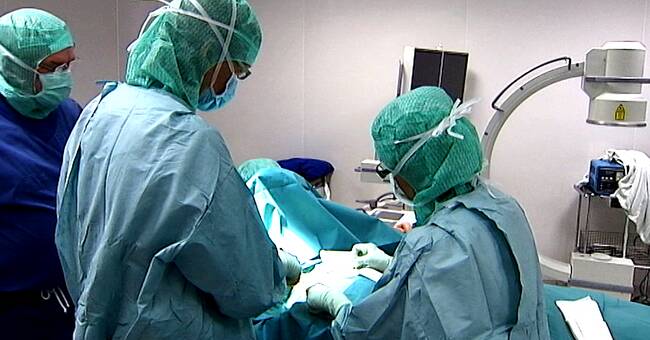Performing organ-preserving treatment in dying patients is in many cases a practice today.
By pushing through clearer legal support for this, the government hopes that the number of organ donations will increase.
However, there will be exceptions and limitations in the use of the treatment.
The issue is not uncontroversial, and performing medical procedures on people who are usually in such a state that consent cannot be given is ethically complex.
No more than slight pain
The treatment may only be carried out, for example, if it is not possible to wait until after the person has died.
A prerequisite is also that it does not cause more than "minor pain or injury", and does not stand in the way of efforts for the potential donor himself.
The government inquiry that prompted the government's proposal mentions, for example, intubation and connection to a respirator as an overly extensive effort to make on a living person in order to preserve her organs.
Organ preservation treatment should also not be allowed to last for more than 72 hours unless there are special reasons.
Relatives' veto is abolished
At present, a close relative of the potential donor can stop a donation, if the person's attitude to donation is unknown.
This will be removed.
The close relative will be informed about the possible donor's attitude and will, but can thus no longer stop a possible donation.
Minister of Social Affairs Lena Hallengren (S) emphasizes that it is important that you make your opinion known whether you want to donate organs or not.
- If you do not register with the donation register, you are expected to be prepared to donate your organs.
It is important to know, says Minister of Social Affairs Lena Hallengren (S).
Exceptions are made for the disabled
Adults with a disability of such a nature that they have not been able to understand what donation means are excluded from the above, and no intervention or organ-preserving treatment is performed in those cases.
The amendments to the law are proposed to enter into force on 1 July 2021.

